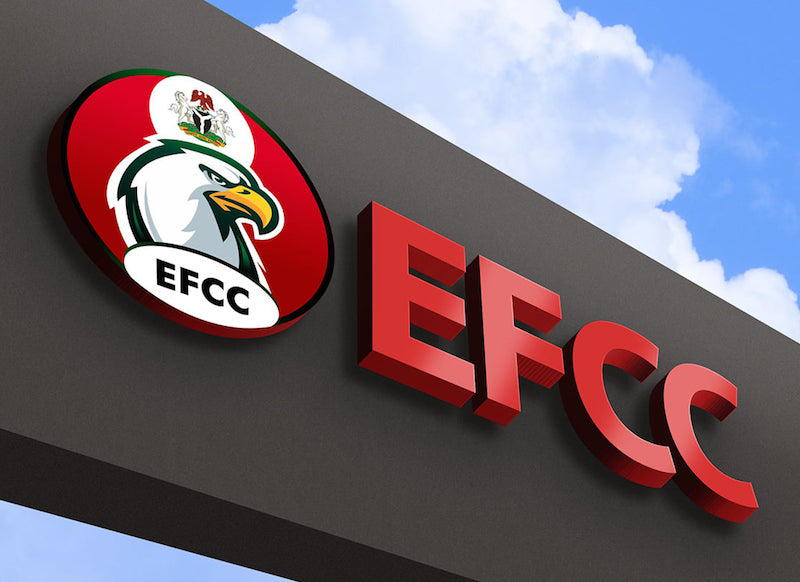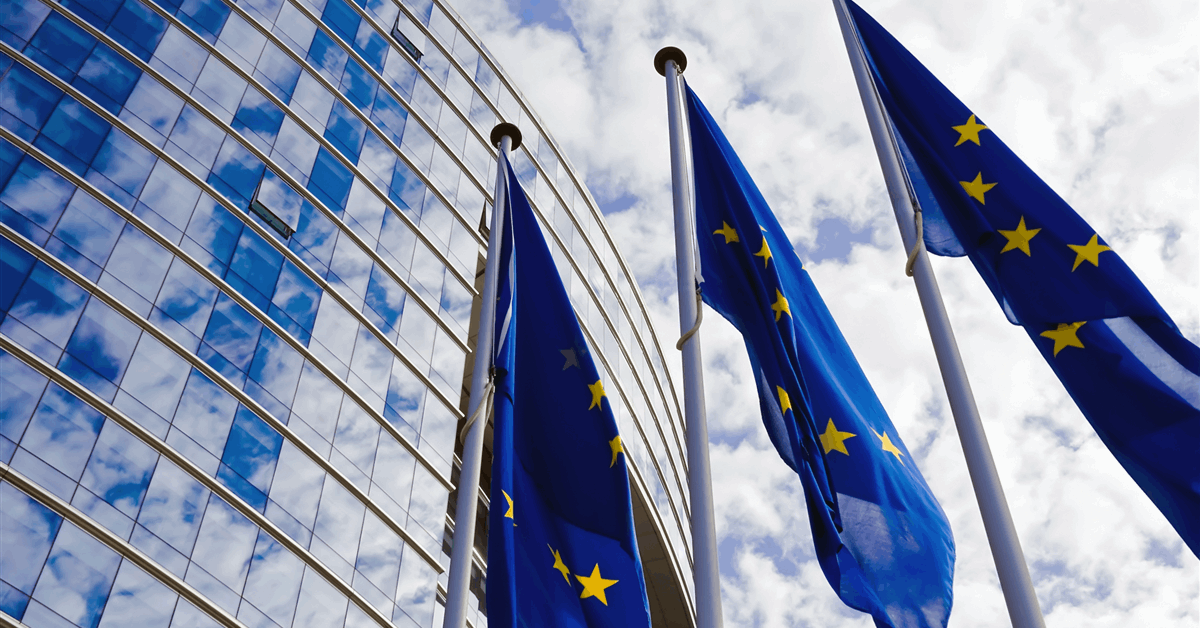Travel Industry Seeks Clarity on New Sustainability Reporting Directives

Global industry leaders recently engaged with members of the European Parliament to advocate for clarity regarding sustainability policies. This meeting occurred after the European Commission (EC) proposed significant alterations to the EU’s Corporate Sustainability Reporting Directive (CSRD). While the CSRD took effect this year, large firms had already been preparing for its implementation.
In January, the EC announced a new roadmap aimed at simplifying sustainability regulations to boost economic growth. This decision was influenced by the changed composition of the EU Parliament following the European elections in June and the reversal of environmental policies in the United States under President Trump. Consequently, the EC issued an ‘Omnibus Package’ of proposals in February, intending to reduce the scope of the CSRD by 80%. This reduction would be achieved by raising the compliance threshold from EU businesses with 250-plus employees to those with over 1,000 employees. Additionally, non-EU companies would only be subject to the revised rules if they generate an annual turnover of €450 million in the EU, compared to the previous threshold of €150 million. The EC also proposed delaying the compliance dates for companies.
These proposed changes require approval from the European Parliament and the Council of member states. However, the abrupt nature of these changes and the resulting uncertainty have caused concern among industry leaders, especially given that businesses had already prepared for the original CSRD implementation. Suzanne Neufang, chief executive of the Global Business Travel Association (GBTA), Virginia Messina, senior vice president for advocacy and communications at the World Travel & Tourism Council (WTTC), and Sally Davey, chief executive of the travel and technology sustainability coalition Travalyst, met with policymakers in Brussels to address these issues.
During their meeting, they urged the EU to balance Europe’s decarbonization and competitiveness agendas. They also emphasized the importance of aligning sustainability frameworks and standards with global industry efforts and supporting the deployment of sustainable travel options. In a statement, they acknowledged the efforts to simplify corporate sustainability reporting under the Omnibus Package but stressed that any changes should avoid creating uncertainty for businesses already preparing for the original legislation.
The EC issued the Omnibus Package proposals on February 26, promoting it as a significant step towards creating a more favorable business environment. The EC stated that the changes would reduce the complexity of EU requirements for all businesses, particularly SMEs, and focus the regulatory framework on the largest companies, which are likely to have a more significant impact on the climate and environment. The EC estimates that adopting these proposals would save €6.3 billion annually in administrative costs. The main changes include removing approximately 80% of companies from the CSRD’s scope, ensuring that sustainability reporting requirements on large companies do not burden smaller companies in their value chains, and postponing the reporting requirements for companies currently within the CSRD’s scope by two years to 2028. The EU’s sustainability due diligence requirements will also be revised to focus on the direct business partners of companies in scope, reduce the frequency of assessments, and limit the amount of information that may be requested. European President Ursula von der Leyen assured that further simplification measures were forthcoming when the proposals were introduced.
The WTTC, GBTA, and Travalyst have called on the EU to continue its dialogue with the private sector to ensure that new EU standards build on existing industry insight and progress, thereby preventing a proliferation of different approaches. They emphasized that travel and tourism are inherently global and that standards and data must be usable internationally. Virginia Messina of the WTTC highlighted the EU’s critical role in shaping the direction of global travel and tourism but stressed the need for close collaboration with the private sector to ensure policies are effective, proportionate, and aligned with global efforts. Suzanne Neufang of GBTA urged the EU to collaborate with the industry to develop common standards, noting the importance of policies that provide certainty on capital deployment for rail, multimodality, and sustainable aviation fuel (SAF). Sally Davey of Travalyst warned that a lack of alignment in decarbonization and sustainable growth efforts could lead to regression. Croatian MEP Nikolina Brnjac, who hosted the meeting, emphasized the duty to find a balanced solution that regulates better without deregulating.









